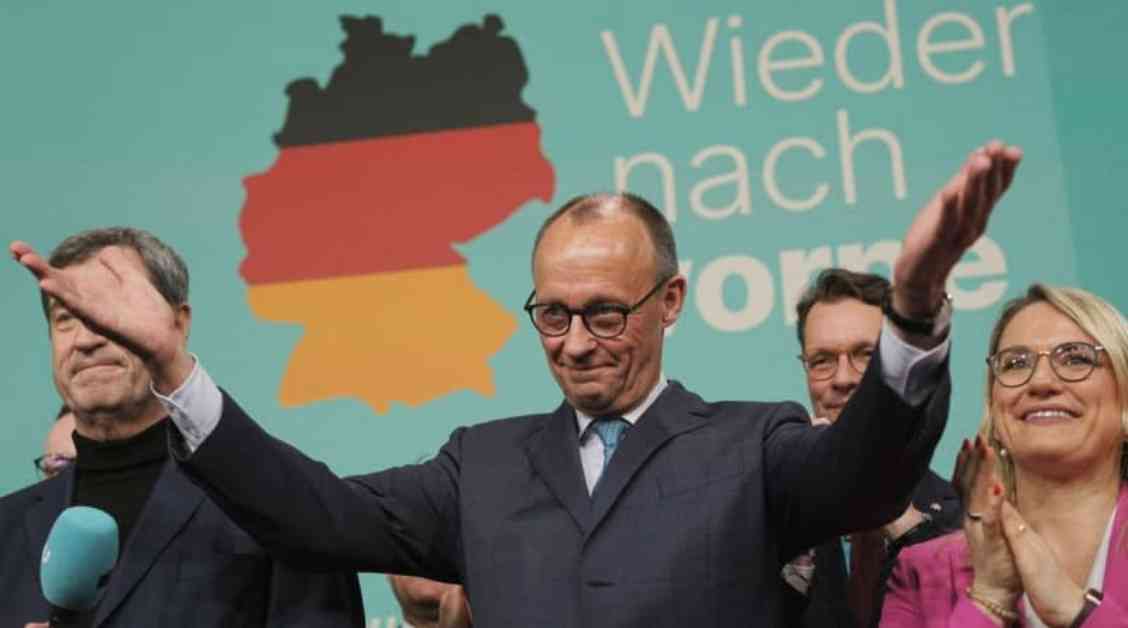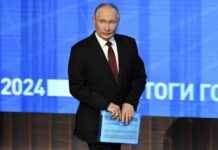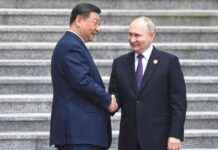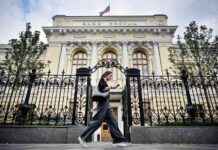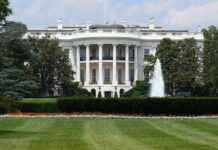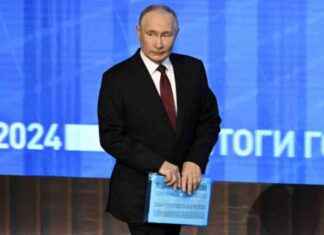Germany Elections: A Decade-long Drama Unfolds
On February 23, Germany held snap elections after Chancellor Olaf Scholz announced the collapse of the 2021 coalition. Exit polls revealed that the Conservative CDU/CSU, led by Friedrich Merz, secured around 28.5% of the vote. Meanwhile, the AfD, led by Alice Weidel, came in second with 20% of the vote, primarily in former Soviet-controlled areas. Scholz admitted defeat, paving the way for a new political landscape in Germany.
The Echoes of 2015: The Refugee Crisis and Rise of the AfD
The roots of the current political upheaval in Germany trace back to the 2015 refugee crisis that swept Europe. As the EU grappled with accommodating hundreds of thousands of refugees, Germany bore the brunt, receiving a record 442,000 asylum applications. Chancellor Merkel’s decision to welcome these refugees sparked both praise and criticism, setting the stage for the rise of right-wing parties like the AfD.
Enter the AfD: Euroskepticism and Shifting Political Dynamics
Founded in 2013, the AfD capitalized on the growing anti-immigrant sentiment in Germany. The Brexit vote in 2016 buoyed right-wing parties across Europe, emboldening them to challenge traditional political narratives. Merkel’s refugee policies faced mounting opposition, leading to the AfD’s surge in popularity. The party’s success in local elections underscored the shifting political landscape in Germany.
Breaking Away from Merkel’s Legacy: Friedrich Merz’s Ascendance
Following the 2021 election results, Friedrich Merz emerged as the frontrunner to lead the CDU in a more conservative direction. Merz’s political journey, marked by clashes with Merkel and a brief hiatus from politics, culminated in his party leadership in 2022. His goal: to reclaim votes lost to the AfD by adopting a harder stance on immigration and other key issues. Merz’s victory signaled a departure from Merkel’s centrist policies.
No AfD in the Coalition: Germany’s Future Political Landscape
As Germany navigates coalition negotiations, the AfD’s exclusion is almost certain. Merz’s reluctance to align with the AfD stems from fundamental ideological differences, particularly regarding security and Russia’s role in Europe. Despite some shared policy goals, Merz and the AfD diverge on critical issues like aid to Ukraine and energy dependence on Russia. The election results have set the stage for potential grand coalitions or minority governments to shape Germany’s future.
Entering a New Era: Germany’s Role in European Security
Merz’s victory coincides with shifting global dynamics, particularly the US’s recalibration of its security commitments to Europe. As Europe grapples with increasing security threats, Germany’s defense spending and strategic independence are under scrutiny. Merz’s pledge to prioritize European autonomy in defense signals a departure from traditional transatlantic alliances. The evolving security architecture in Europe hinges on Germany’s willingness to bolster its defense capabilities and address emerging threats.
While the path ahead remains uncertain, Germany’s political landscape stands at a crossroads, marked by a decisive shift towards conservative policies and a renewed focus on European security. As Friedrich Merz assumes leadership, his vision for a stronger, more assertive Germany will shape the country’s role in regional and global affairs. The unfolding drama in German politics underscores the complex interplay of historical legacies, contemporary challenges, and future aspirations. Stay tuned for further developments as Germany charts a new course in an era of uncertainty and change.
